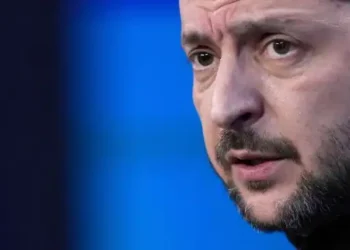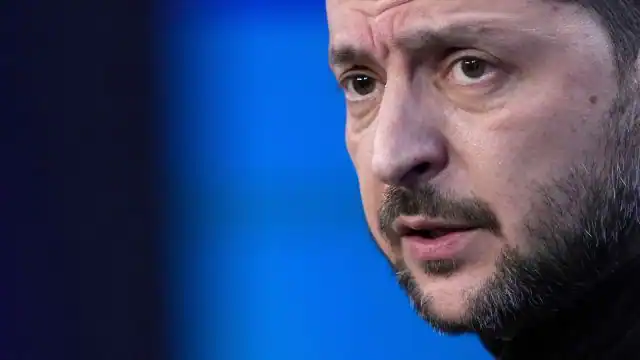The role of the judiciary in any democratic society is pivotal. It serves as the backbone of justice, a crucial mechanism that upholds the rule of law, resolves disputes, and protects the rights of citizens.
In a powerful address at the 50th anniversary celebration of the Judicial Service Staff Association of Ghana (JUSAG), Chief Justice Gertrude Sackey Torkornoo made a crucial observation about the role of integrity, competence, and independence in the nation’s judicial service. Her remarks were not just a reflection on the current state of the judiciary but also a bold call to action for judicial reform in the service of Ghana’s national development.
“Without integrity, the pursuit of justice is futile. A nation that compromises on the moral fabric of its justice system compromises on its potential for development.”
Chief Justice Gertrude Sackey Torkornoo
Justice Torkornoo decried the widespread exploitation and corruption within the judicial system, an issue that continues to cast a shadow over the credibility of the judiciary. This is not a new problem, but hearing it acknowledged by the highest-ranking judicial officer in the country gives it renewed urgency.
For Ghana to accelerate its national development, its judicial system must be a beacon of justice that protects the vulnerable and maintains public confidence. The judiciary serves as a key enabler of economic progress, as businesses and investors rely on a fair and transparent legal system to protect their interests.
The Chief Justice highlighted this, stating her commitment to passing a Constitutional Instrument (CI) that would help attract both local and foreign investors by creating a system that promotes trust and investment.
“You will see investors coming in; you will see people having confidence in the system to invest and explore,” she stated.
Corruption within the judiciary has long been a barrier to progress, and Justice Torkornoo’s remarks are a reminder that it remains an issue of great concern. Corruption is often facilitated by individuals who prioritize personal enrichment over the pursuit of justice, and this exploitation has devastating consequences for the ordinary citizens who rely on the courts to resolve their grievances.
Addressing the Welfare of the Vulnerable
One of the most important themes of the Chief Justice’s speech was the need for the judicial service to prioritize the welfare of the vulnerable. In Ghana, the judiciary is often the last hope for individuals who face injustice, be it in land disputes, electoral matters, or human rights issues.
Justice Torkornoo reminded her staff to be guided by the 1992 Constitution of Ghana, particularly the directive principles of state policy, which outline the obligations of the state toward the vulnerable.
“When judicial staff are motivated by a desire to protect the weak and vulnerable, the entire system benefits. This sense of duty fosters trust and creates a society where citizens feel that they can rely on the courts for justice, no matter their status or wealth.”
Chief Justice Gertrude Sackey Torkornoo
The judiciary’s ability to function as a defender of the vulnerable is a critical component of democracy, and Justice Torkornoo’s call for renewed focus on this responsibility is timely.
Justice Torkornoo’s speech also stressed the need for collaboration among judicial staff to eliminate the perception of corruption and ineptitude.
Her vision of a vibrant working environment where judicial staff can work with independence and integrity is essential for reforming the system. Judicial independence is fundamental to the rule of law, and without it, there can be no true justice.
For Ghana to truly realize its potential for national development, its judiciary must embody the highest standards of justice. The path forward lies in the hands of the judicial staff, lawyers, and all stakeholders who must now work in concert to restore the reputation of the judiciary.
Justice Torkornoo’s leadership provides a hopeful vision, but it will take collective action to turn that vision into reality. Ghana’s development depends on it.
READ ALSO: Dovish Sentiment at Upcoming MPC Meeting Could Trigger a 1.5% Rate Cut



















